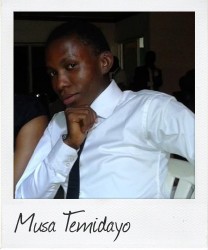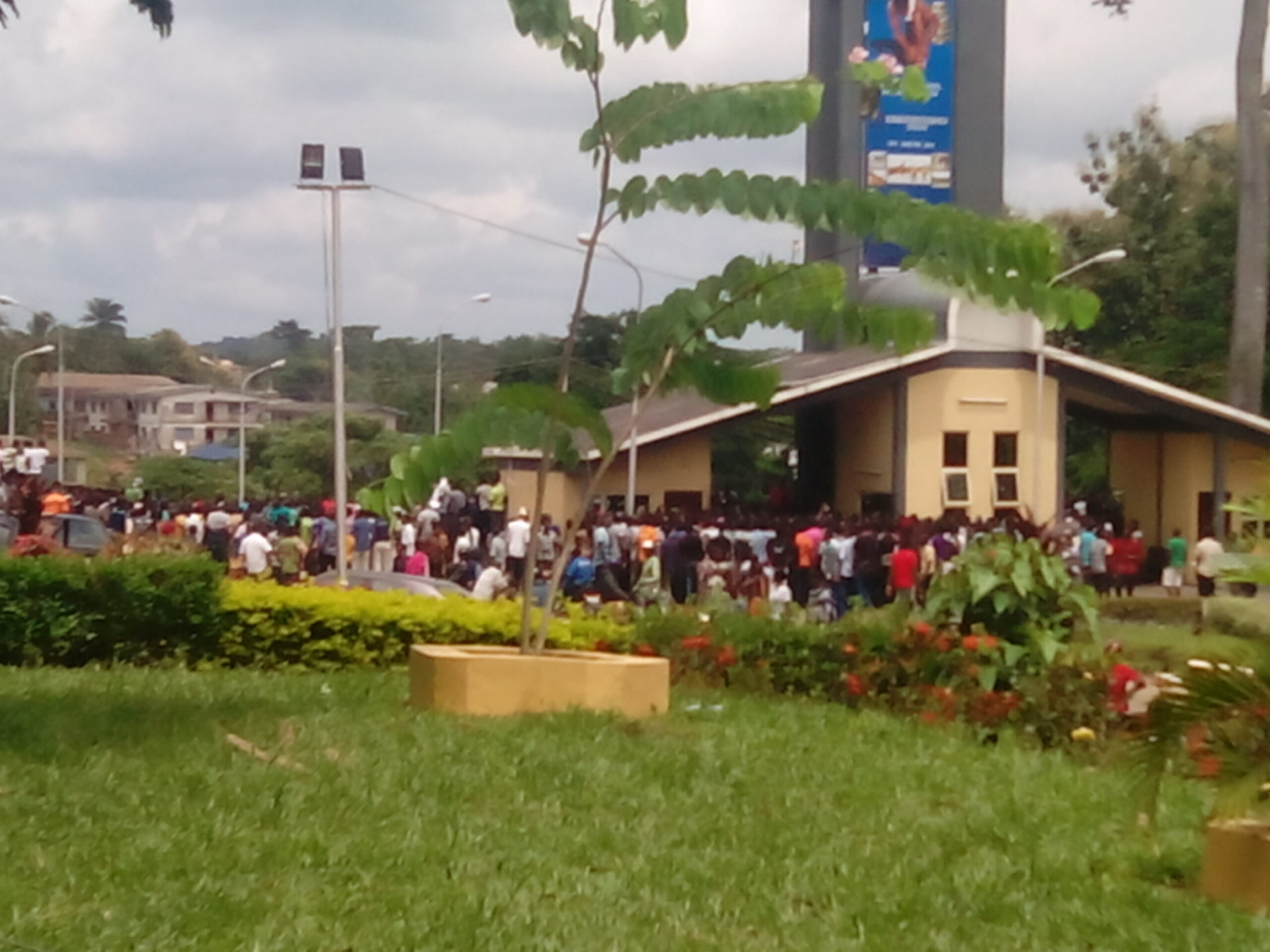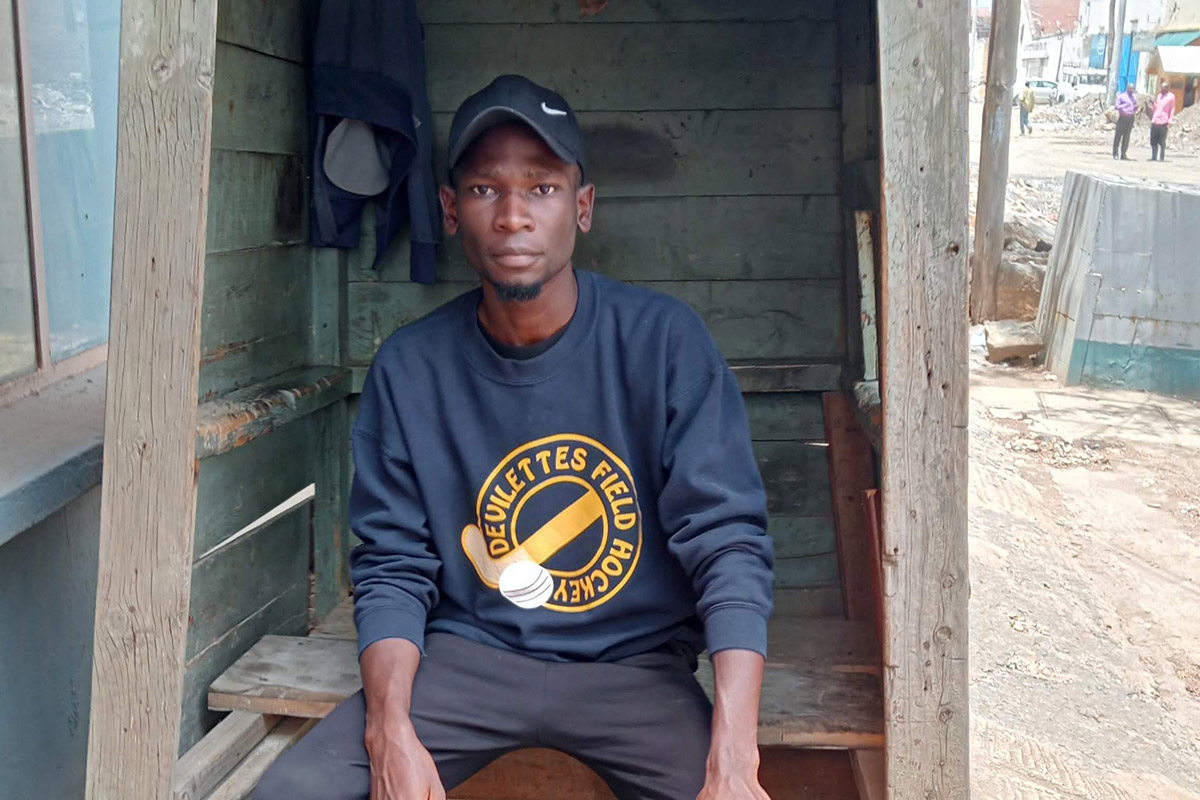"OAU students: saving free education for the poor"
July 11 Tuition fee increases are a significant hurdle for some students seeking higher education, writes Musa Temidayo, 23, a Commonwealth Correspondent from Nigeria, who describes how students at one university are fighting the trend.
Tuition fee increases are a significant hurdle for some students seeking higher education, writes Musa Temidayo, 23, a Commonwealth Correspondent from Nigeria, who describes how students at one university are fighting the trend.
There has been growing nervousness among students of Obafemi Awolowo University Ile-ife (OAU), Osun State Nigeria.
“…everything from development to management decisions starts with a rumour” says a 300L student of Chemical Engineering.
OAU is a school built on the policy of free education. “…Free as “free” can be called freely” a 200L student of Management and Accounting cries out. “OAU is not one of the numerous university built from oil proceeds, it was built with Cocoa money” a 400L student of Faculty of Law, University of Lagos explained.
The school can be said to be the cheapest university in Nigeria and I can also bet that it is also the cheapest in Africa. Despite being the cheapest in terms of bills payable by students, the University is the best in Nigeria. It is renowned and one the leading universities in Africa. “OAU is the last resort of the poor Nigerian masses to get qualitative university education at a very low affordable fee”.
I was offered admission into the school in the 2010/2011 academic session. The nostalgic feeling expressed by young and old alumna and alumnus of the school made me deny the other two university admissions that I was offered that year.
The admission acceptance fee this year (2010) was increased from #2,000 to #20,000. The Students’ Union Government (as it was called then) called a congress in which a consensus was to protest and make the school management revert the fee. There was boycotting of classes, roads were barricaded and in a peaceful protest, students made their agitations known to the school management authority and the Federal Government. After 72 hours of continuous protest, the school was shut down and an ultimatum was given to students to vacate the halls of residence with threat and use of Mobile Policemen (MOPOL) to forcefully eject any student not complying with the directive. After a prolonged strike, students with no tooth left to fight, paid the fees.
Several strike actions were embarked upon by the Academic Staff Union of Universities (ASUU) to protest inadequate salaries and other educational policies which in most cases disrupt the school’s calendar. The last strike action took a whole six months. In the end the Federal Government promised to inject fresh funds in federal universities across the nation.
“…and we thought after resumption, our lecture theatres will now have air conditioning systems”. When the 2013/2014 freshmen fee structure was released, to the bewilderment of the students there was a drastic increase in the fee structure. Because of the fear of provisional admission getting withdrawn, poor freshmen had to pay.
Even when returning students were to pay as low as #6,900, some students still find it difficult to pay while others engage in menial jobs to pay for their fees. I know of a case where fellow students had to contribute for another fellow to pay his fees.
“…I paid almost #72,000 with my sweat and that of my parents, something I thought will not amount to that much”. Another fresher said “is like I am gonna defer the admission, I do not have anyone to sponsor me and my savings is not encouraging”.
The Student Union (as it is now called) executives decided to discuss with the school management the need to totally revert the new fee regime. After several meetings, the school management was of the view that the university is being under-funded and thus the need for a new fee regime. But the students took a ground that the burden of the university not being adequately funded should not be laid on the students, but should be a responsibility of the Federal Government.
Since talks and meetings could not save the situation, students led a peaceful demonstration to stage their grievances. During one protest this month, a presidential convoy said to be carrying an ex-militant fired warning shot at students while trying to forcefully pass through student road barricades. On 19th of June 2014, the school management issued a release saying all students should vacate every hall of residence before 12noon. As early as 6a.m that day, a large number of students took control of every entrance leading to the school and hundreds of other phalanx of student manned the main entrance, barring staff or vehicular activities.
Armed police officers, Mobile Police, and Special Task Forces mounted staging areas metres away from the school gate, ready to dismiss students with tear gas if the need be. After several hours, the police force was forced to leave seeing the show of courage and fearlessness displayed by the students.
Academic and other non-curricular activities are yet to resume as students are of the ground that if a total reversal is not agreed upon, the protest will still go on.
“…if we do not take our stand and in unison fight this new fee regime, I am afraid that a day will come when university education will be a daydream for the poor masses” a student leader said.
Photo credit – Akintola Luqman
…………………………………………………………………………………………………………………
About me: I am from Nigeria, currently studying International Relations at Obafemi Awolowo University Ile-Ife Osun state. I’m also the Editor-in- Chief for the department. I love travelling and singing, and have interest in Management and Developmental Issues.
Aside from studying, I work as as the Chairman of my department’s magazine. I want to be a Manager-Human Resource & Conflict Management, and also hope to serve in the Nigerian foreign service.
…………………………………………………………………………………………………………………
Opinions expressed in this article are those of the author and do not necessarily represent the views of the Commonwealth Youth Programme. Articles are published in a spirit of dialogue, respect and understanding. If you disagree, why not submit a response.
To learn more about becoming a Commonwealth Correspondent please visit: http://www.yourcommonwealth.org/submit-articles/commonwealthcorrespondents/
…………………………………………………………………………………………………………………




